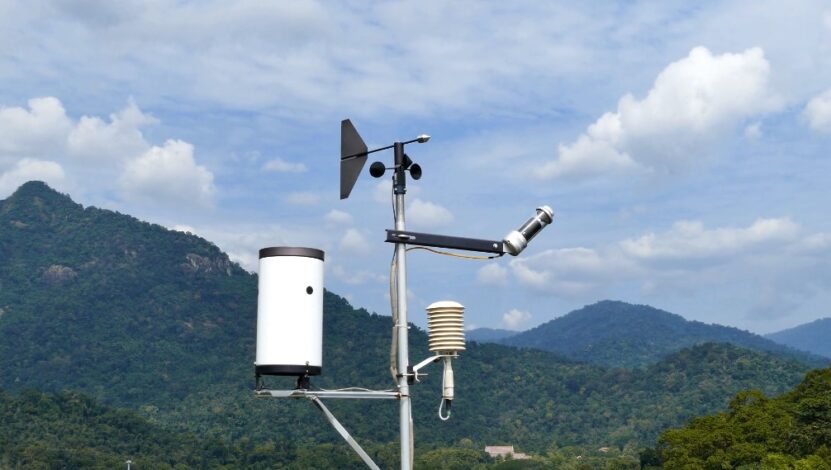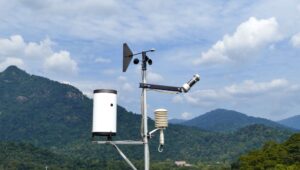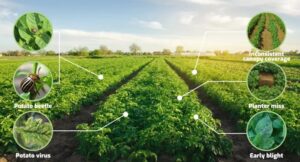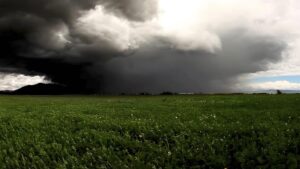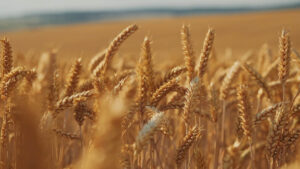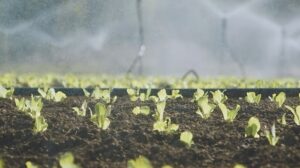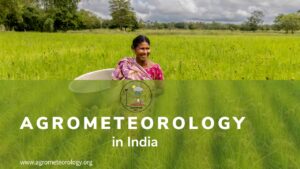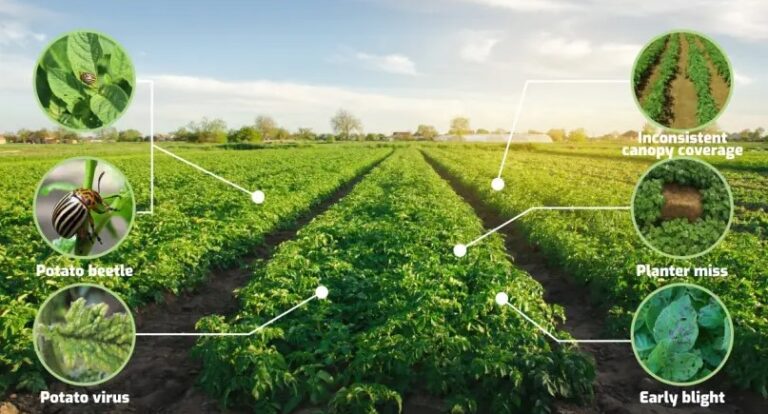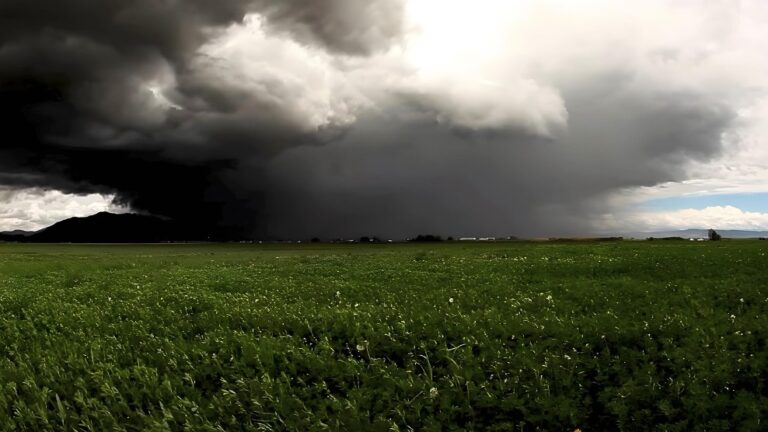Climate affects how we live and is crucial for farming. As the Earth’s temperature rises due to nature and human activities like factories, we see more extreme weather like heavy rains and severe droughts. These changes are tough on places like China, where the weather can be unpredictable and harsh.
Events like the big snow in 2008 and the intense drought in 2014 have made it hard for people to keep their farms running and protect their food supply. Weather forecasts are super important for farmers to handle these changes. With new tech like artificial intelligence and the internet, forecasts have gotten better and help farmers plan better to avoid losses from bad weather.
Disclaimer: Our article is a summary of the scientific document “The Agricultural Economic Value of Weather Forecasting in China”. The original version you can download HERE.
Theoretical Analysis
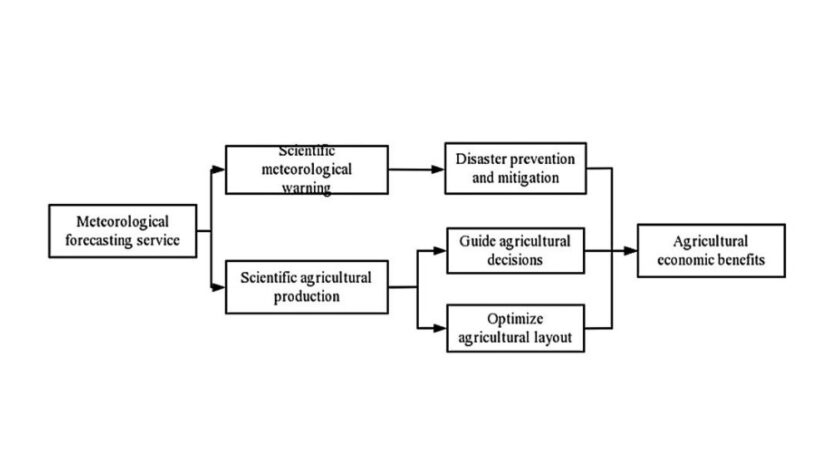
The climate is a key factor in farming. Weather forecasting helps farmers in many ways, like giving early warnings of extreme weather and helping with farm planning. Here’s how it benefits agriculture:
- Reducing Disaster Losses: Weather forecasts help lower the risks and damages from natural disasters like floods and droughts. If a disaster is likely, forecasters use technology to alert farmers early, helping them take steps to protect their crops and reduce losses.
- Improving Farm Management: In the past, farming relied mostly on the farmer’s own experience and local weather knowledge, which sometimes led to guesswork. With advanced weather forecasting, farmers have more precise information. This modern approach helps them manage their farms better, leading to higher crop quality and yields.
- Optimizing Farm Layout: Good farming needs the right weather conditions. Forecasting helps farmers plan where and when to plant crops based on expected weather, which helps in using resources like water and soil more efficiently, ensuring sustainable and stable crop growth.
The main point here is that by helping to manage risks, improve farm operations, and plan better, weather forecasting plays a crucial role in making farming more productive and sustainable. The hypothesis proposed is that effective weather forecasting not only reduces losses from weather-related disasters but also supports smarter farming and better use of agricultural land.
Materials and Methods Overview
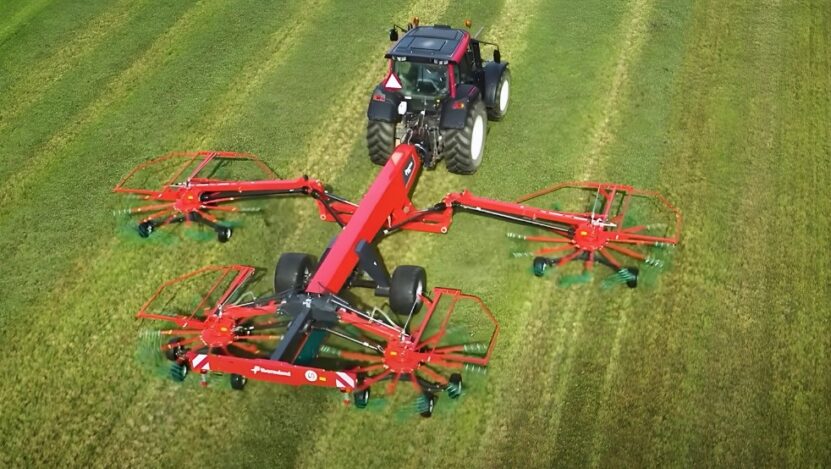
To examine how weather forecasting impacts agricultural economics, we built a model analyzing data from 30 provinces in China from 2009 to 2019. This model checks if better weather forecasts can predict higher economic benefits in agriculture. It considers various factors and adjustments for differences in provinces and over time.
Variables and Data Selection
- Main Focus (Explained Variable): We looked at how accurate weather forecasts are. Since forecasting involves many elements like sun, rain, temperature, etc., we combined these factors into one score using advice from experts in agriculture.
- Economic Impact (Explanatory Variable): We measured the economic impact of agriculture using data about the overall value produced by the agricultural sector, adjusted for inflation to keep values consistent over time.
- Other Influences (Control Variables): We included factors like the amount of fertilizer used, investment in agriculture, farmers’ education levels, yearly rainfall, public satisfaction with meteorological services, and local government decisions related to weather.
Data Source
We used a mix of data from official yearbooks and a detailed survey asking farmers and agricultural experts about weather conditions and their impact on farming. We fine-tuned the data, including filling in missing values and adjusting for any extreme outliers to ensure accuracy. Unfortunately, data from Tibet had to be excluded due to many gaps. Overall, this study aims to use these methods and data to provide insights into how effectively weather forecasts can help improve the economics of farming by reducing risks and planning better for future conditions.
Robustness Tests
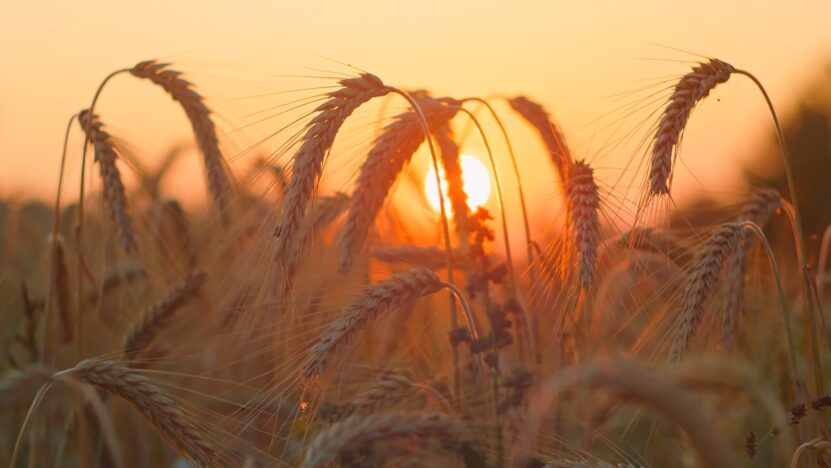
- Changing the Definition of Economic Benefits: Initially, we measured economic benefits through the added value of the primary industry. We then tested this by looking at total grain production instead, which confirmed the positive impact of accurate forecasting on agriculture.
- Adjusting Forecasting Measures: We enhanced the weather forecasting measure by including user satisfaction with meteorological services. The modified analysis still showed a significant positive effect of weather forecasting on agricultural economics.
- Shortening the Time Frame: We focused on the period from 2015-2019 to consider the effects of advancements in digital technology on forecasting. The results still supported our initial findings, with weather forecasting continuing to positively impact agricultural economics.
Regional Differences
We looked at differences across China’s eastern, central, and western regions:
- Western Region: The impact of forecasting was most significant here, likely because this area faces more meteorological disasters. Effective forecasting helps local farmers minimize losses more effectively.
- Central Region: The positive impact was there but less pronounced compared to the western region.
- Eastern Region: Though the impact was positive, it was less than in the western region due to the eastern region’s industrial focus away from agriculture.
Discussion

In China, agriculture heavily depends on weather conditions, making meteorological forecasting crucial for its development. This study examined data from 30 Chinese provinces to assess the impact of weather forecasting on agricultural economics, finding a significant positive effect. This research enhances our understanding of how accurate weather forecasting can improve agricultural productivity and efficiency in China, providing substantial evidence for the benefits at a macroeconomic level. It also offers valuable insights for policy-making, suggesting ways to enhance public and governmental engagement with meteorological services to better manage the risks associated with climate change.
Conclusions and Policy Recommendations
This research confirms that weather forecasting significantly boosts agricultural economic benefits, with a 0.5 percentage point increase for every one percentage point rise in forecast accuracy. This effect varies regionally, being strongest in the western areas of China due to their high exposure to meteorological disasters. The researchers think forecasts cut disaster losses for farms. They also think forecasts boost farm efficiency and optimize crop-growing areas. All this leads to higher farm earnings. They looked at different areas – west, central, and east China.
Forecasts helped farms most in western China where weather problems are worst. They helped less in the east where other industries are bigger than farming. Overall, better weather forecasts mean big wins for Chinese farms! Following forecasts reduces risks and ups crop outputs. This research proves forecasts strongly back to sustainable farming and food security in China. With forecasts, farms can better deal with climate change issues.
Reference
The Agricultural Economic Value of Weather Forecasting in China by Danna Shen, Wang-Fang Shi, Wei Tang, Yan Wang, and Jun Liao. Sustainability 2022, 14(24), 17026; https://doi.org/10.3390/su142417026

